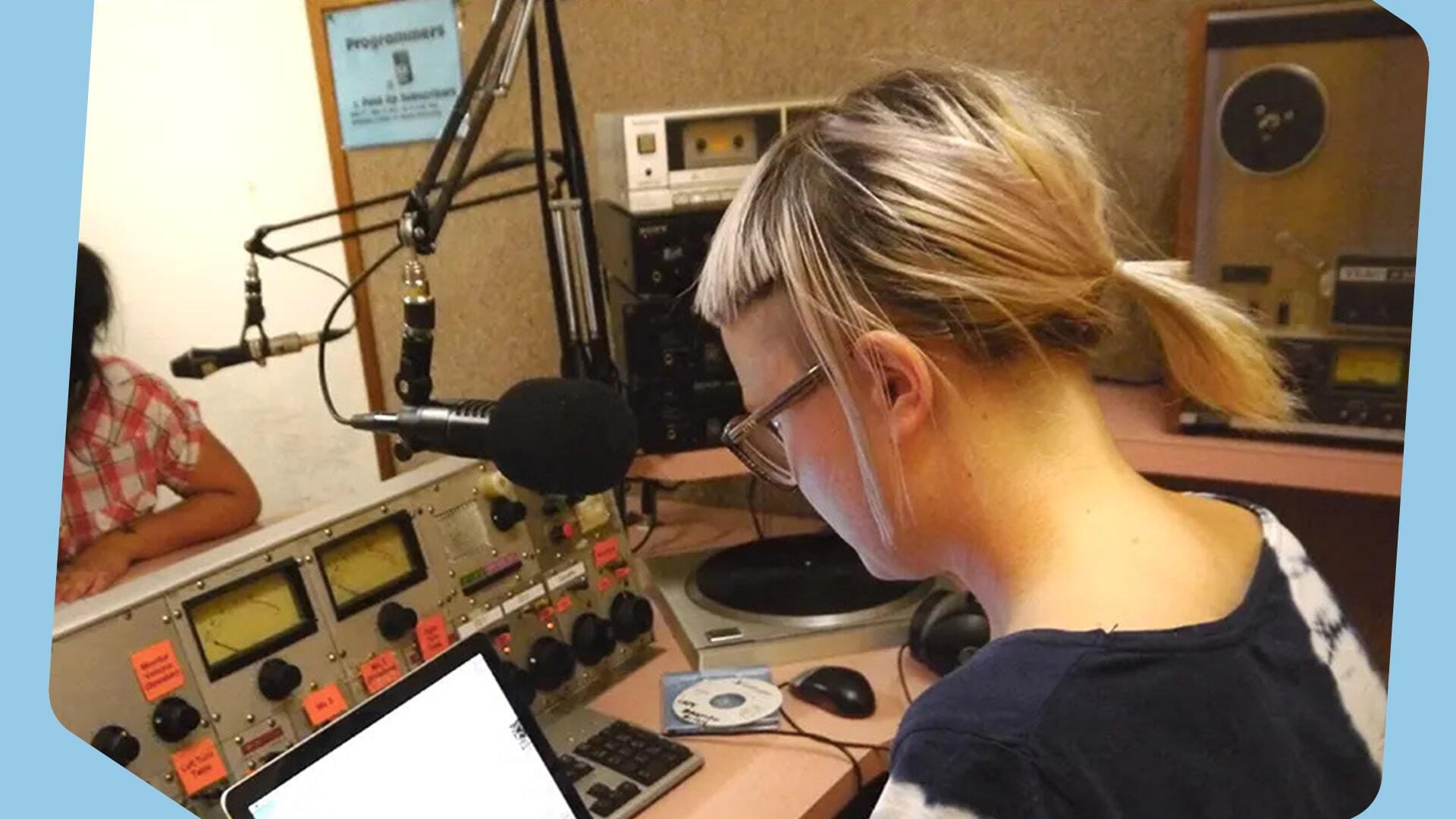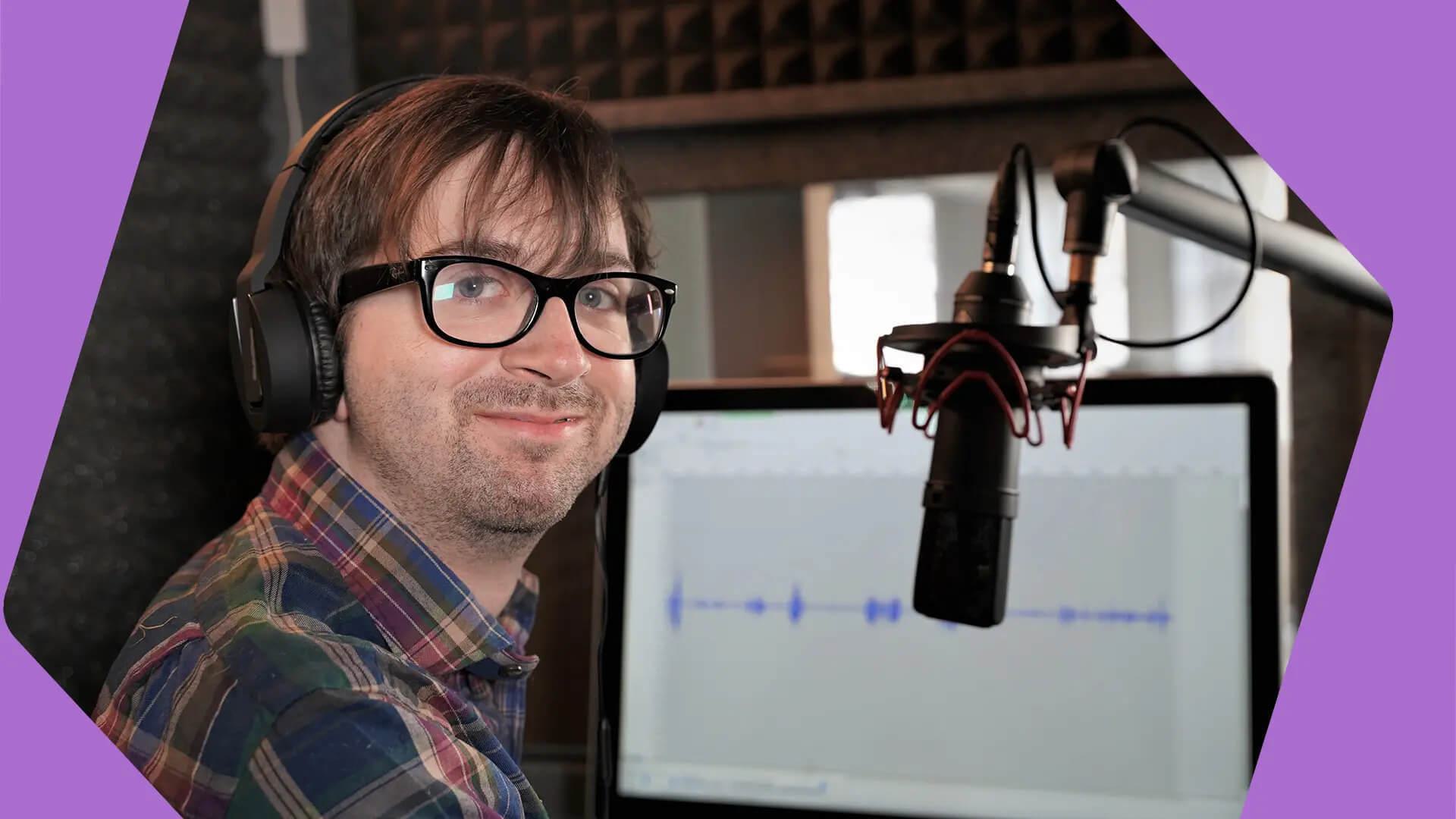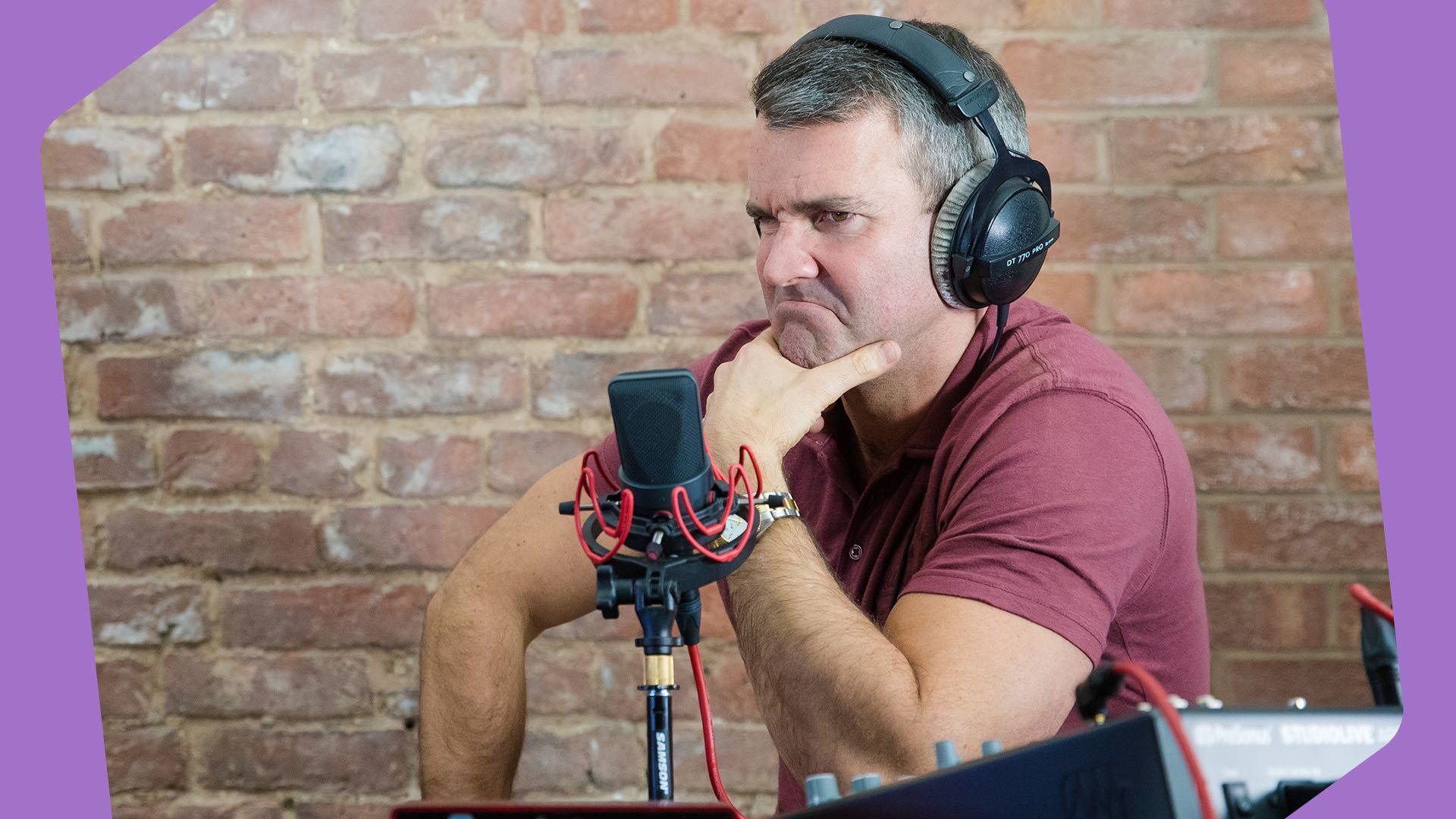Need advice? Let's talk.
Get straightforward guidance from your broadcasting partner. Schedule a call to chat with the team about your radio station.
Book Demo7 Tips on How to Present Great Radio
Present great radio with these top 7 tips that will guide you to success in the world of broadcasting and presenting radio shows.

Struggling to find your radio voice? Looking to build a stronger bond with your listeners? Radio industry expert Kate Cocker lists her top 7 tips on how you can present great radio.
Proven techniques used by radio professionals are ripe for the picking. Kate has worked with top broadcasting organisations like the BBC, XFM, and Bauer Media in the UK to help improve on-air presenter skills.
In a nutshell, you'll...
- Build stronger listener connections.
- Create proven content strategies that work.
- Discover insider techniques used by the pros.
Great radio presenters aren't born, they're made. So dive into several hand-picked techniques worth trying on your radio show.
7 Tips To Present Great Radio
1. Know Your Listener
Understand everything about your audience; why they listen to you, when they listen, what they listen on. Build a comprehensive image in your mind of your listeners and who they are.
Your aim is to create "it's the same for me" moments with your listener and the more you understand them the easier that will be.
Once you understand them, draw from your own experiences and relate them to your listeners. People yearn for the feeling of connection that these “it's the same for me” moments can bring.
2. Make Your Listener Care
I believe (within reason and Ofcom guidelines) you can talk about anything on the radio. But if you talk about it in a boring, unengaging way then no one will care.
If you talk about something, make it gripping, make it a story, unleash your inner poet and turn it into something that will grab your listeners and draw them into the conversation with you.
3. Talk to ONE Person
You will know from your own experience listening to radio that it can be a solitary experience.
Your audience is experiencing your show as individuals, not as a group of people. Avoid terms like: "anyone out there", "you all", even "some of you" implies you’re disconnected from your listener. An example of this is on YouTube with hosts saying "hey guys" or “hi everyone”, which talks to a group rather than an individual.

The more you cultivate "you and I" language the more you are likely to engage.
4. Be in Charge
You are the host - You have a responsibility to be in control of the show at all times.
Keep your voice energetic without getting forceful and guide your listener through what you’re doing. Never confuse them by being overly wordy or rambling, and always try to be concise and stay focused on the current subject matter whenever you’re talking.
No one is going to complain if you play another song instead of talking and sometimes few words can have a greater impact than many.
5. Learn The Rules, Then Break Them!
My football coach said to my team once when we admitted we played to the whistle "if you know the rules then you know how to break them"... I've kept to this through life.
Knowing how everything is ‘supposed’ to be done is great. It makes life easier and means you can just go through the motions when presenting. But it gets boring. Sticking too close to a formula gets repetitive, and listeners are going to notice you regurgitating the same show over and over.
But, if you know how things are ‘supposed’ to be done, you know how to change things up without ruining your shows. Variety is the spice of life, and when you need to spice up a show, breaking free of your normal routine might be just the thing!
Get good at learning techniques and understanding what works for you - Rinse & repeat, then reinvent it.
6. Make The Mic Your Mate
Make the most of what the microphone can do. Knowing how to position your mic and how to talk into it can completely change your sound.
It can only take so much of your voice so don't shout into it, make sure you're not popping your "p"s and keep a good distance. Imagine the mic is your friend; you wouldn’t get too close, breath in their face and smack your lips at them. Your mic can and will pick up every noise you make with your mouth, so try not to give your listeners a headache.

Equally, make sure your music bed isn't too loud, if you use one, or your callers too quiet. Music beds are best used in short bursts; over long discussions they can sound distracting and unnatural. On the subject of equipment, it's worth getting a good laptop for music production so your workflow isn't over-encumbered.
7. Be Yourself
To some this is the scariest thing you can say to them, it's like your mate asking you to speak at their wedding with the line "just make people laugh"... cue brain panic meltdown!
Of course, it's imperative to be yourself but what that means is work to your strengths, rather than try to be someone you're not. Let your enthusiasm shine through and have fun with presenting; you’re on the radio! This is your show, no one else’s.
Practice, feedback, training and a good coach will get you there.
The Final Thing to Remember for Presenting Great Radio
Presenting great radio is an art form that takes time to hone.
Without a doubt experience, dedicated rehearsal, and on-air miles count for a lot when creating a quality radio show. This means: just do it, make it, and go get it wrong to get it right.



